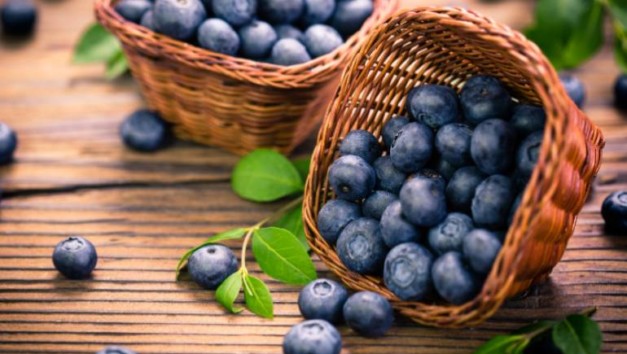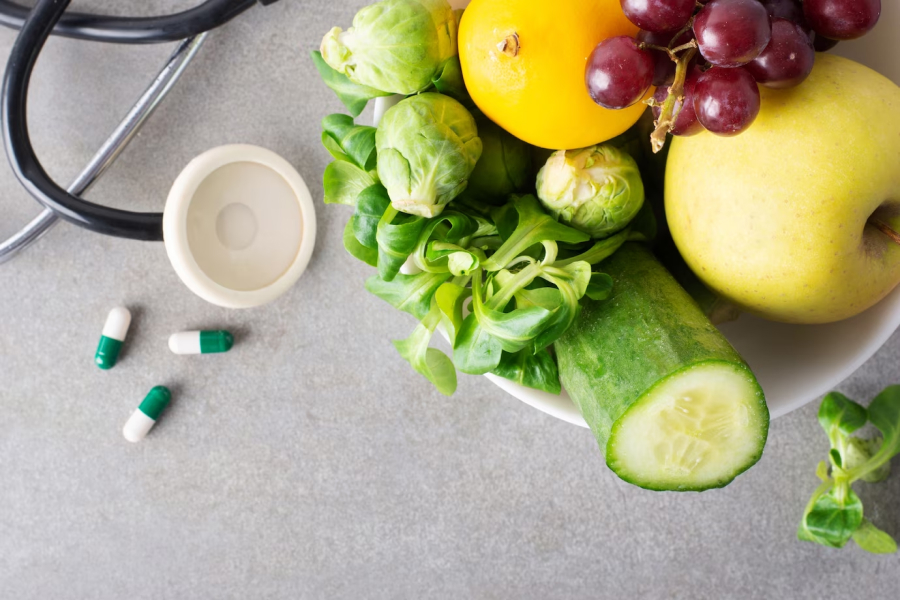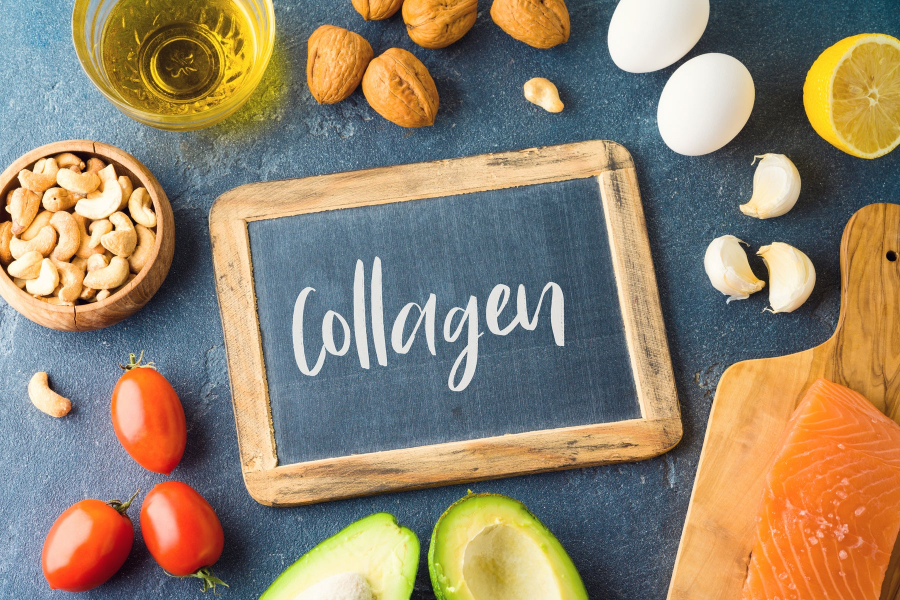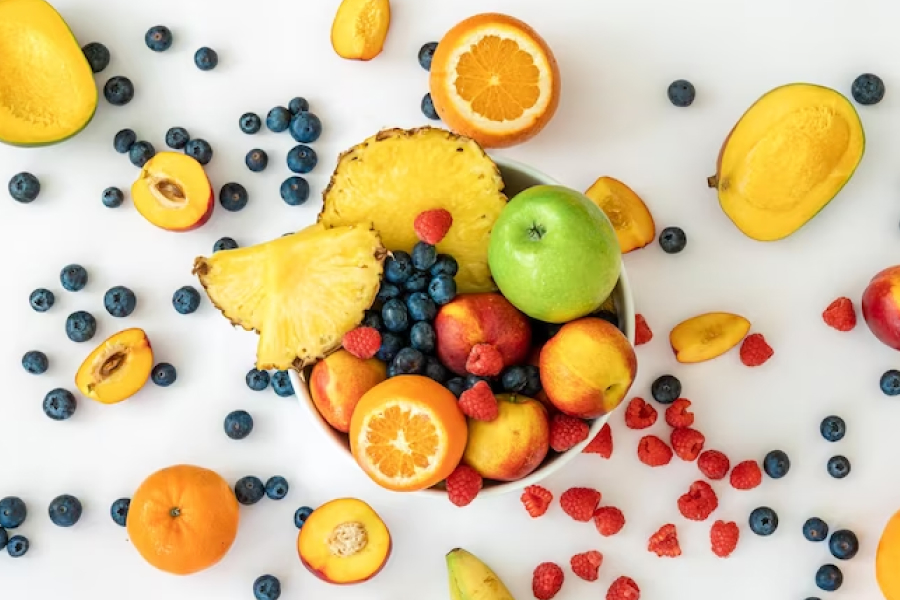
When does the body stop producing collagen?
8/16/2023Closer to the age of 35, the body's ability to produce its own collagen decreases sharply due to a lack of trace elements such as vitamin C and E, frequent stress, unbalanced nutrition, and other factors.
To support your body's collagen production, you can:
* Diet: Consume foods rich in vitamin C (citrus fruits, bell peppers), amino acids (protein-rich foods like lean meats, fish, eggs), and antioxidants (berries, dark leafy greens) that aid collagen synthesis.
* Hydration: Drink plenty of water to keep your skin and tissues hydrated, which is important for collagen health.
* Sun Protection: UV rays can break down collagen. Use sunscreen and protective clothing to prevent excessive sun exposure.
* Collagen Supplements: Some people take collagen supplements, although their effectiveness is debated. Consult a healthcare professional before using any supplements.
* Lifestyle: Avoid smoking and excessive alcohol consumption, as they can negatively impact collagen production.
* Topical Treatments: Certain skincare products with ingredients like retinol, peptides, and hyaluronic acid may support collagen production when applied to the skin. Remember, genetics play a role too, so maintaining a healthy lifestyle is key to overall collagen health.



















